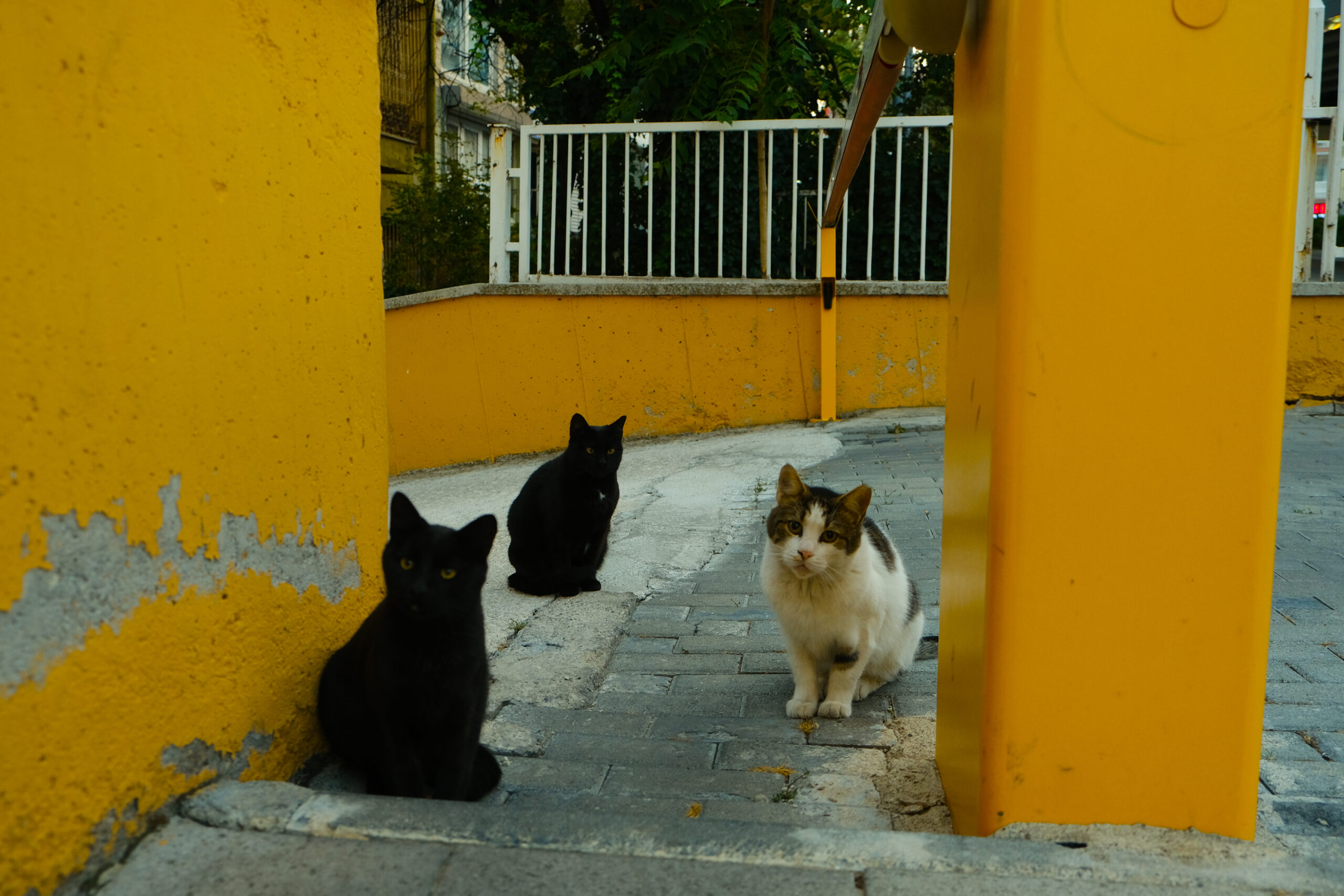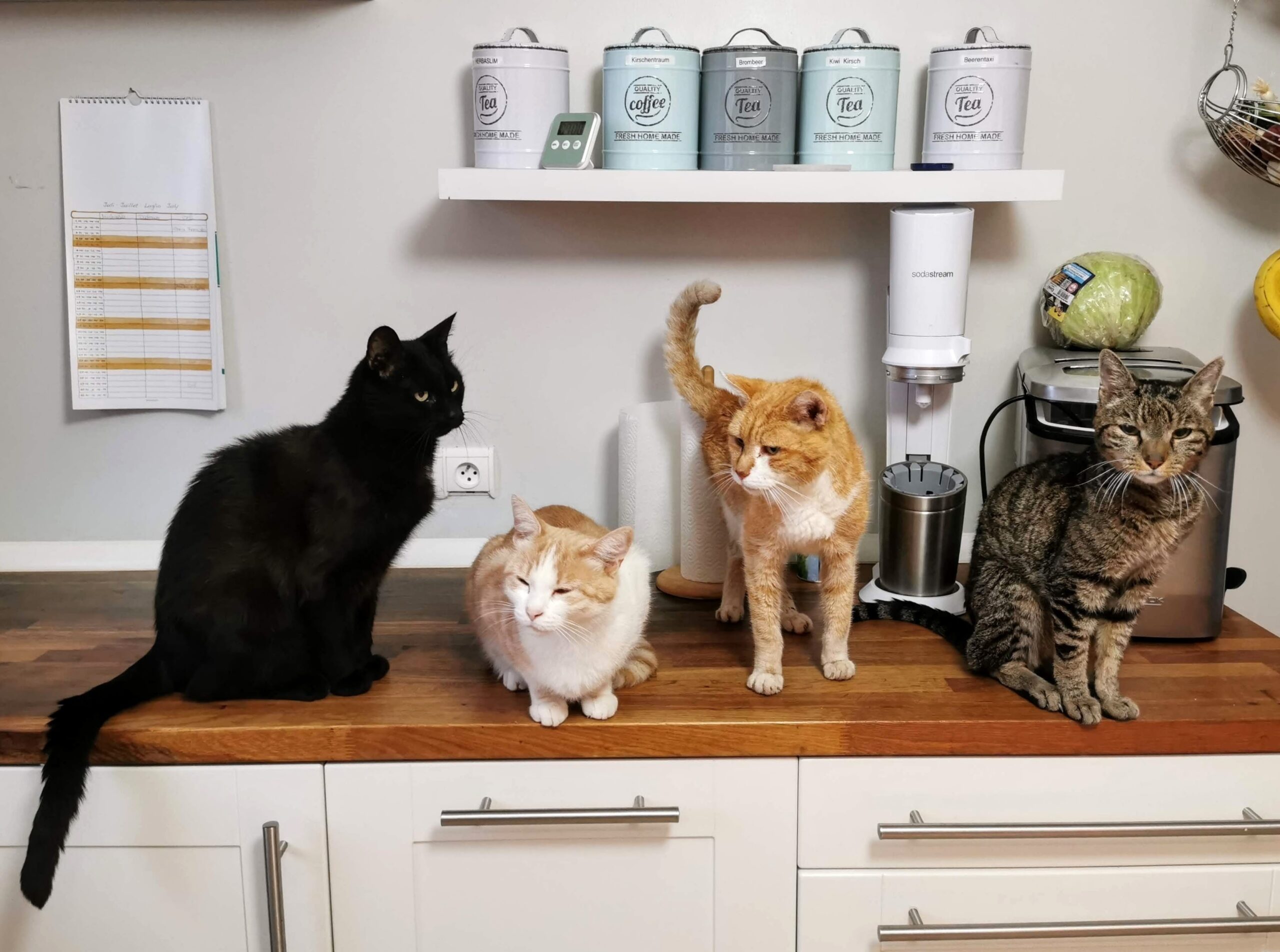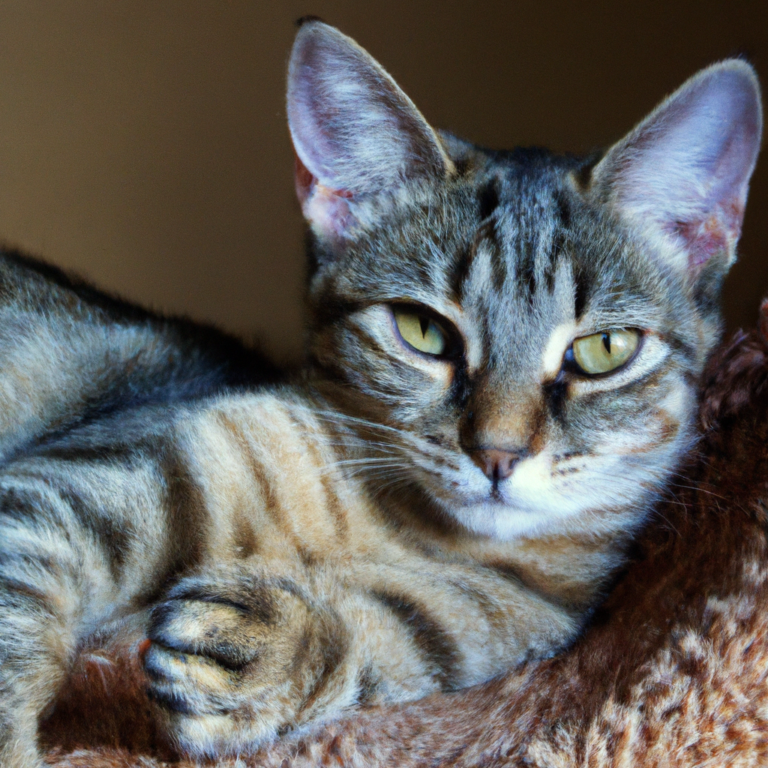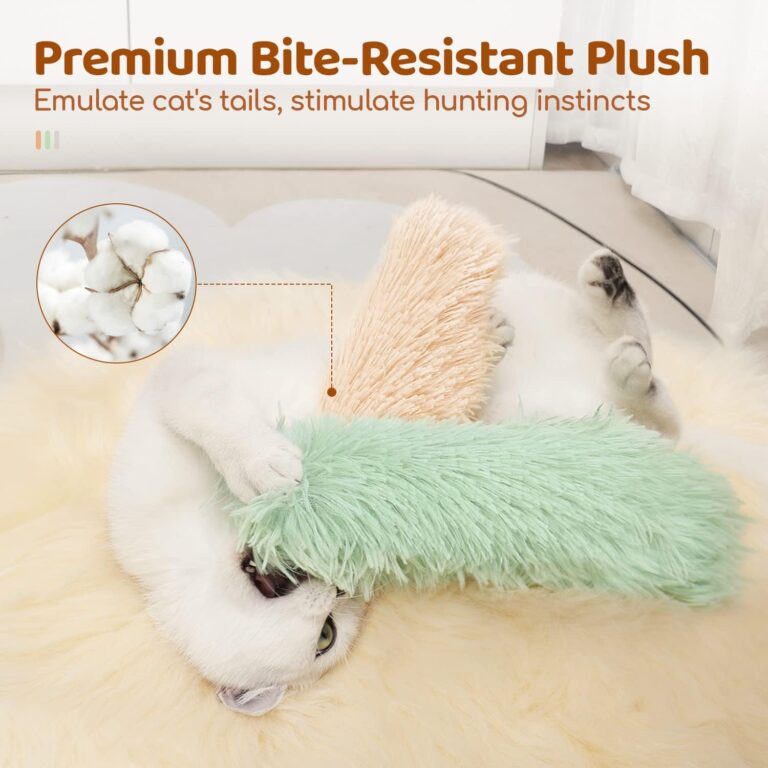Why Do Cats Chatter
Do you ever find yourself curious about why cats chatter? It’s a curious phenomenon that many cat owners have witnessed, and it often leaves us wondering what our furry friends are trying to communicate. In this article, we will explore the fascinating world of cat chatter and uncover the possible reasons behind this behavior. By understanding why cats chatter, you’ll be able to connect with your feline companion on a deeper level and decode their unique form of communication. So, let’s dive into the intriguing world of cat chatter and unravel the mystery together!

Learn how to speak directly to your cat, communicating your thoughts and feelings CLICK HERE
Why Do Cats Chatter?
Understanding Cat Vocalizations
Cats are known for their wide range of vocalizations, which they use to communicate with their owners as well as other cats. Understanding their vocalizations can help you better understand their needs and emotions. From meowing to hissing, cats have various ways of expressing themselves. One interesting vocalization that many cat owners may have noticed is chattering. But why do cats chatter? Let’s explore this unique behavior in more detail.
Types of Cat Vocalizations
Before diving into the specifics of chattering, it’s important to have a general understanding of cat vocalizations. Cats communicate through both verbal and nonverbal vocalizations. Verbal vocalizations include meowing, purring, hissing, growling, yowling, trilling, chirping, and, of course, chattering. Nonverbal vocalizations, on the other hand, include body language such as ear position, tail movements, and facial expressions.
What is Chattering?
Chattering is a unique behavior displayed by some cats when they spot prey, particularly birds. It can be described as a combination of rapid teeth chattering and high-pitched vocalizations. The cat may open and close its mouth rapidly while emitting a sound that resembles a mix of chirping and purring. It’s a fascinating behavior to witness, but what exactly could be the reason behind it?
Possible Explanations for Chattering
There are several prevalent theories that attempt to explain why cats chatter. One possible explanation is that it is an instinctual hunting behavior. Cats are natural hunters, and their chattering could be a way to mimic the sound of a bird, enticing their prey to come closer. Another explanation is that chattering could be a release of frustration or excitement when a cat is unable to reach its prey. Additionally, some experts believe that chattering may be an involuntary reflex triggered by the cat’s intense focus on prey.
Hunting Behavior
Cats are instinctual hunters, and their hunting behavior is deeply ingrained. They possess exceptional stalking and pouncing abilities, which make them formidable hunters in the animal kingdom. Chattering, in the context of hunting, is believed to serve as a hunting technique. By mimicking the sounds of birds, cats may be able to attract prey and increase their chances of a successful catch. This behavior is often observed in outdoor cats who have direct access to potential prey, such as birds.
Prey Instincts
Chattering can also be seen as a manifestation of a cat’s prey instincts. As natural predators, cats have survival instincts that drive them to hunt. Mimicking the sounds of birds through chattering may serve as a form of prey mimicry, allowing cats to lure their potential prey into a false sense of security before launching their attack. Furthermore, chattering may help cats release tension and prepare themselves for the final pounce.
Communication with Prey
Another theory suggests that chattering is a way for cats to communicate with their prey. By making bird-like sounds, cats may be attempting to communicate in a manner that the potential prey can understand. This could be a way to attract birds or warn other cats to stay away from their intended target. Additionally, chattering may be a sign of frustration when a cat cannot reach its prey due to physical barriers or being kept indoors.
Excitement or Frustration
Chattering can also be associated with high levels of excitement or frustration. Cats, especially when they have excess energy, may engage in chattering as a way to release their pent-up excitement. This behavior is commonly observed when cats are anticipating playtime or waiting for their food to be served. On the other hand, frustration with inaccessible prey may also trigger chattering as a way for cats to express their displeasure.
Involuntary Reflex
Some experts believe that chattering may simply be an involuntary reflex triggered by a cat’s intense focus on prey. When a cat becomes fixated on an object, such as a bird, their muscles may involuntarily contract, leading to the rapid jaw movements and vocalizations associated with chattering. This reflexive behavior may not have a specific purpose or intention and could be an automatic response to the cat’s heightened state of alertness.
Other Potential Reasons for Chattering
While the theories mentioned above provide insight into why cats chatter, it is important to note that every cat is unique and may exhibit different behaviors for various reasons. Some cats may chatter due to anxiety, fear, or even excitement caused by different stimuli, such as the presence of unfamiliar objects or sounds. It is essential to observe your cat’s behavior and consider the context in which the chattering occurs to gain a better understanding of their specific motivations.
Conclusion
Chattering is a fascinating and unique behavior displayed by some cats. While its exact purpose and meaning may still be subject to ongoing research and debate, it is clear that chattering is closely linked to a cat’s hunting instincts, prey mimicry, and communication needs. Understanding and interpreting your cat’s vocalizations, including chattering, can help you develop a deeper bond with your feline companion and ensure their emotional well-being. So the next time you witness your cat chattering, take a moment to observe and appreciate this intriguing behavior.
Learn how to speak directly to your cat, communicating your thoughts and feelings CLICK HERE







